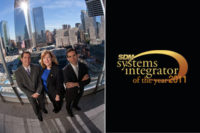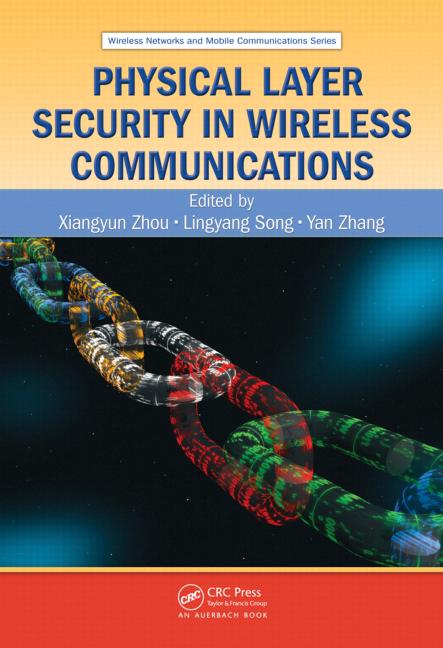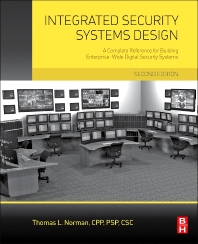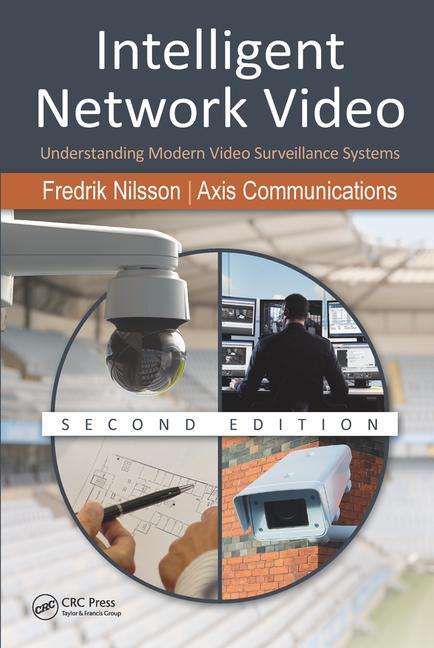RFI Communications & Security Systems (RFI), San Jose, Calif., is not beginning to learn IT’s lingo, trying to harness the network or ramping up its comfort level with IT. The company already has implemented cloud-based solutions that other companies are just now diving into. Its first-adopter technology prowess makes sense when you consider that the company, established in 1979 by Lawrence L. Reece and now owned by his daughter Dee Ann Harn, is headquartered in Silicon Valley.
“Being located in the heart of Silicon Valley has enabled RFI to be constantly pushed and pulled by technology companies that live on the bleeding edge,” describes Brad Wilson, president, RFI. “System integration has always been an accepted practice here. Not only do we feel the desire to innovate ourselves, but we sit across the table from companies that are both driving and flat out demand innovation.”
RFI’s innovative new cloud-based services, growth, and demonstrated agility for change are just a few reasons the company has earned recognition as SDM’s 2012 Systems Integrator of the Year Honoree. Thirty-three years after it was founded, RFI has approximately 250 employees and maintains five regional offices located in San Jose, Los Angeles and Sacramento, Calif., Reno, Nev., and Seattle. The corporate office and RFI’s UL-listed, CSAA Five Diamond Certified central station are located in the San Jose corporate facility.
“We’re not a mammoth company, but our revenues are almost piercing the $50 million mark and growing, up 10 percent this year alone,” Wilson says. “We’ve got this heritage of forward thinking and an agility that’s really allowed us to keep up with technology. We’re also willing to make the extensive capital investments we’ve made in the last year because at the end of the day, it’s not the cost but the value of the investments in creating efficiencies that allow us to be profitable at lower margins and offer enhanced services to our customers,” Wilson says.
The investment starts with RFI’s own personnel.
“We focus on the investment in our team for the long-term benefit it brings to our customers. In many instances our local competition simply focuses on the present delivery. Often, they use subcontractors and as a result lose the quality control that is important to the success of a project,” Wilson says. Instead RFI maintains and conducts regular training from within the industry, peripheral/related industries and with the manufacturers its represents, leading to an impressive list of certifications.
With those certifications — BICSI, Comp TIA, Microsoft, NICET, PMI-PMP, Lenel, Tyco, Honeywell and Axis to name a few — RFI designed 80 percent of its projects to fully integrate two or more types of systems and 70 percent of its projects to incorporate network-based technology this year.
RFI is also making a heavy investment in cloud-based solutions, launching Permission Granted™, Claris360™, and Video Secure™ all via its central station. Not many integrators operate a central station, but RFI does, delivering a broad scale of secure monitoring center services with its UL-listed, CSAA Five Diamond Certified central station.
“In our central station, we saw the opportunity years ago to take the standard kind of central station services and stay in front of what was happening,” Wilson explains. “Again, being in Silicon Valley, we could see where the cloud was leading and we could also see where that would be leveraged inside of the central station. We could also see that people would want the scalability of the cloud. That’s why we invested in providing service solutions that offer both peace of mind and the resources to help manage operational needs now and as the enterprise grows into the future.”
New resources include RFI’s Permission Granted™ managed access control solution, which offers management and visibility of access control systems online, anytime, from any Web browser. Customers can manage the solution themselves or use RFI’s central station staff to assist with system administration.
In the networked business environment, as physical and logical security become increasingly critical and complex, requiring the same constant attention and monitoring as core network operations, RFI’s Claris360™ is designed to help reduce time, expense and complexity associated with managing security systems platforms.
Claris360™ automated management solutions can send alerts on many different criteria — from general system health to security-system-specific events like critical video loss. Active alerts can be sent directly to email and/or to RFI’s trained operations team, which then acts in accordance with a company’s corporate security operation’s policy.
RFI also expanded its existing Video Secure™ portfolio in 2012. A new system installed in RFI’s central station was designed to allow operators to interface with customers’ existing video recording equipment. This system consolidates video, access control, audio and alarms, creating a single point of management and operation. Video Secure is used to offer high-value video services in an effort to grow new recurring monthly revenue (RMR).
RMR grows from a desire to supply a complete solution. “We feel that our suite of managed services is core to providing our customers with a complete solution and the support they need and deserve. To that end, we will continue building upon our portfolio as the needs of our customers change and as we recognize the areas that will strengthen our offering,” Wilson says.
RFI at a Glance |
|
RFI Enterprises Inc. Doing business as: RFI Communications & Security Systems Website: www.rfi.com Employment: 230 full-time; 15 part-time Revenue: $45 million (estimated) in 2012 Market Focus: RFI provides professional design, installation and maintenance of integrated security and fire/life safety solutions. |
Project in Focus |
|
RFI participated in two significant projects with a large aerospace company. The first was an enterprise-level project with close to 200 “closed areas” and “classified” concerns. The project required bidding to be segmented by building with panel-by-panel risk mitigation. Each individual segment, building or panel required a multi-layer approval process prior to RFI getting authorization to proceed. Each panel was required to be 100 percent converted, tested and certified in accordance with the area’s classifications by day’s end, with minimal overnight interruption of protection. This conversion spanned across two campuses/cities, approximately 50 buildings, 350 panels, 1,500 readers, and 3,500 alarm points. This project required extensive coordination between RFI and the many customer departments including security, facilities, IT, end users, etc. RFI also completed a fire/life safety project for the same company that was designed and installed utilizing RFI resources. The project was to protect 80,000 square feet of under-floor space and five floors of open atrium area. This system was configured into four separate areas using a VESDA VLS-214. Each quad consisted of three units (12 total) with 10 zones. RFI installed approximately 8,000 feet of VESDA pipe. Originally it was proposed for under-floor smoke detection. This would have required 400 service points, but RFI, utilizing the VESDA system, was able to reduce the service points to 40. This significantly reduced the customer’s post-installation maintenance expenses. |
RFI Expands Its Footprint |
|
In addition to helping its customers manage their growth, RFI itself just expanded by entering the southern California market and leasing a 5,300-square-foot facility in Cerritos that is centrally located in greater Los Angeles, Orange and Riverside Counties and provides great freeway access to all corners of the territory. “Covering the West Coast from Alaska, Washington and northern California, RFI determined that southern California operation was the next logical step to continue RFI’s growth,” Wilson shares. Beyond a strong regional footprint, RFI also provides national and global support through its membership in Security-Net, a network of independently owned security system integrators throughout North America that offers commercial, industrial, educational, government, financial and public-sector facilities a single, responsible source for meeting their security needs. |











